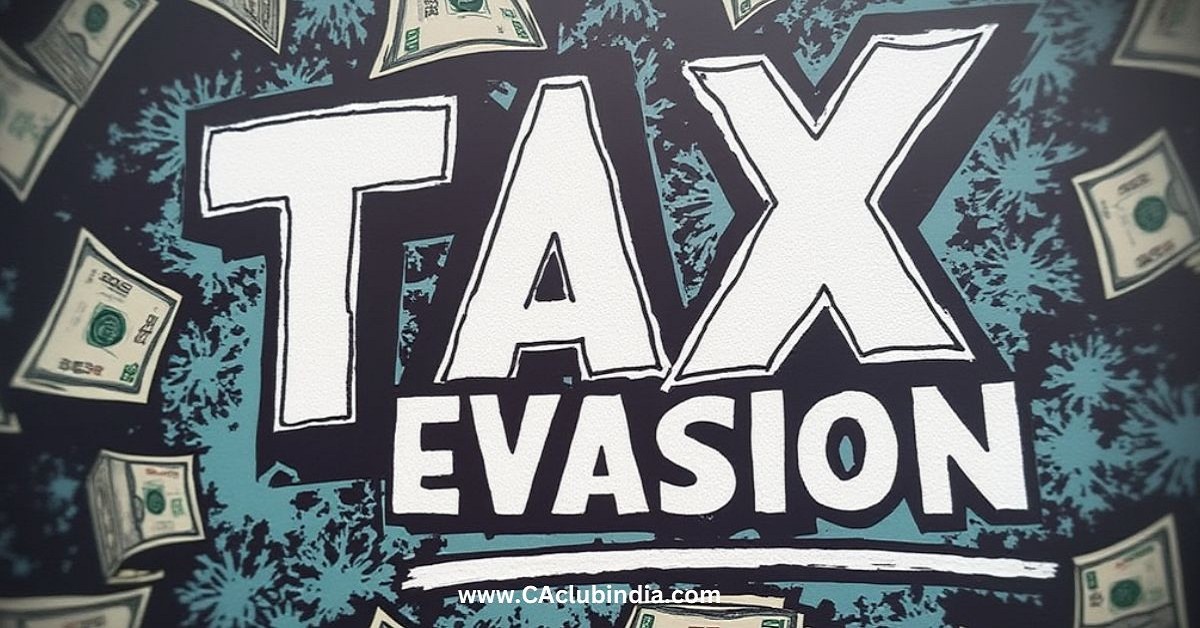The Indian government has identified Goods and Services Tax (GST) evasion worth ₹824.14 crore across 17 cryptocurrency exchanges, as revealed by Minister of State for Finance Pankaj Chaudhary. This discovery highlights the government’s intensified efforts to address tax evasion within the rapidly growing crypto industry.

Key Cases of GST Evasion
Among the exchanges under investigation, some of the largest instances of alleged evasion include:
- Nest Services Ltd (Binance Group): ₹722.43 crore
- Zanmai Labs Pvt Ltd (WazirX): ₹40.51 crore
- CoinDCX: ₹16.84 crore
- CoinSwitch Kuber: ₹14.13 crore
Recovery Efforts and Probes
Authorities have so far recovered ₹122.29 crore in taxes, penalties, and interest. The Central GST authorities continue to investigate these cases as part of a larger crackdown on tax evasion within the crypto sector.
Regulatory and Taxation Framework for Cryptocurrencies
India classifies cryptocurrencies as Virtual Digital Assets (VDAs) under Section 2(47A) of the Income Tax Act. The taxation framework includes:
- Flat 30% tax on profits from crypto transactions, with no deductions except the cost of acquisition.
- 1% Tax Deducted at Source (TDS) on transactions exceeding ₹50,000 annually to enhance traceability.
In addition to exchanges, GST authorities have detected ₹1.76 crore in evasion by four individual investors, recovering ₹2.40 crore, including penalties and interest.
Evolving Regulatory Landscape
The government’s actions reflect a commitment to balancing innovation with financial oversight. The stringent tax and compliance measures aim to regulate the burgeoning crypto market while addressing potential revenue losses due to tax evasion.
Investors and cryptocurrency service providers are advised to stay updated on regulatory developments to ensure full compliance with India’s legal and fiscal obligations.
This heightened scrutiny underscores the importance of transparency and adherence to tax laws in the evolving digital economy.





 CAclubindia
CAclubindia

